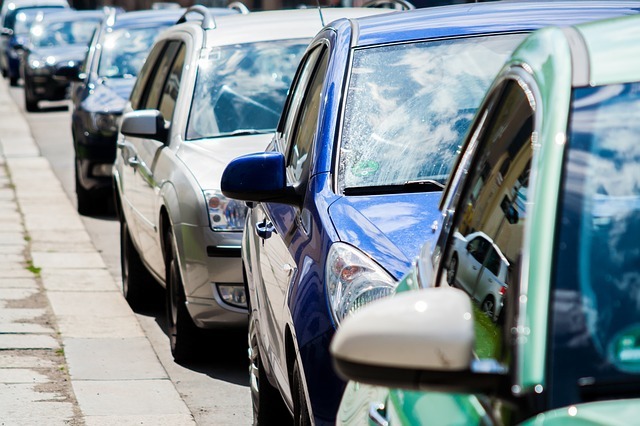A ban on polluting vehicles inside the Brussels region’s Low Emissions Zone (LEZ) has led to an accelerated improvement of air quality levels over a six-month period, a report by Brussels Environnement showed.
Between June and December 2018, the reduction in levels of fine particles and of nitrogen oxide (a common air pollutant which can cause serious respiratory issues) was equal to the natural reduction in the same pollutants observed over a 12-month period in 2017, before the creation of the LEZ.“Such a comparison signals an acceleration in the reduction [of fine particles] due, in part, to the low-emission zone,” the report says.
The Brussels Region created the LEZ in 2018, which banned the most polluting motor vehicles from circulating inside the Brussels region.
Related News: Polluting cars could be fined in Brussels low emission zone from Monday
Launched in 2018, the ban was progressively implemented and came into full effect in April 2019, when all gasoline vehicles ranked Euro 0 or Euro 1, and all Euro 2 diesel vehicles were banned from circulating inside the LEZ.
Since April, banned vehicles can buy a day-pass granting them access to the LEZ for a maximum period of eight days, after which they are subject to a €350 fine.
Over 9,000 warnings and 133 fines have already been issued to non-compliant drivers, according to Brussels Environnement’s website.
Gabriela Galindo
The Brussels Times

